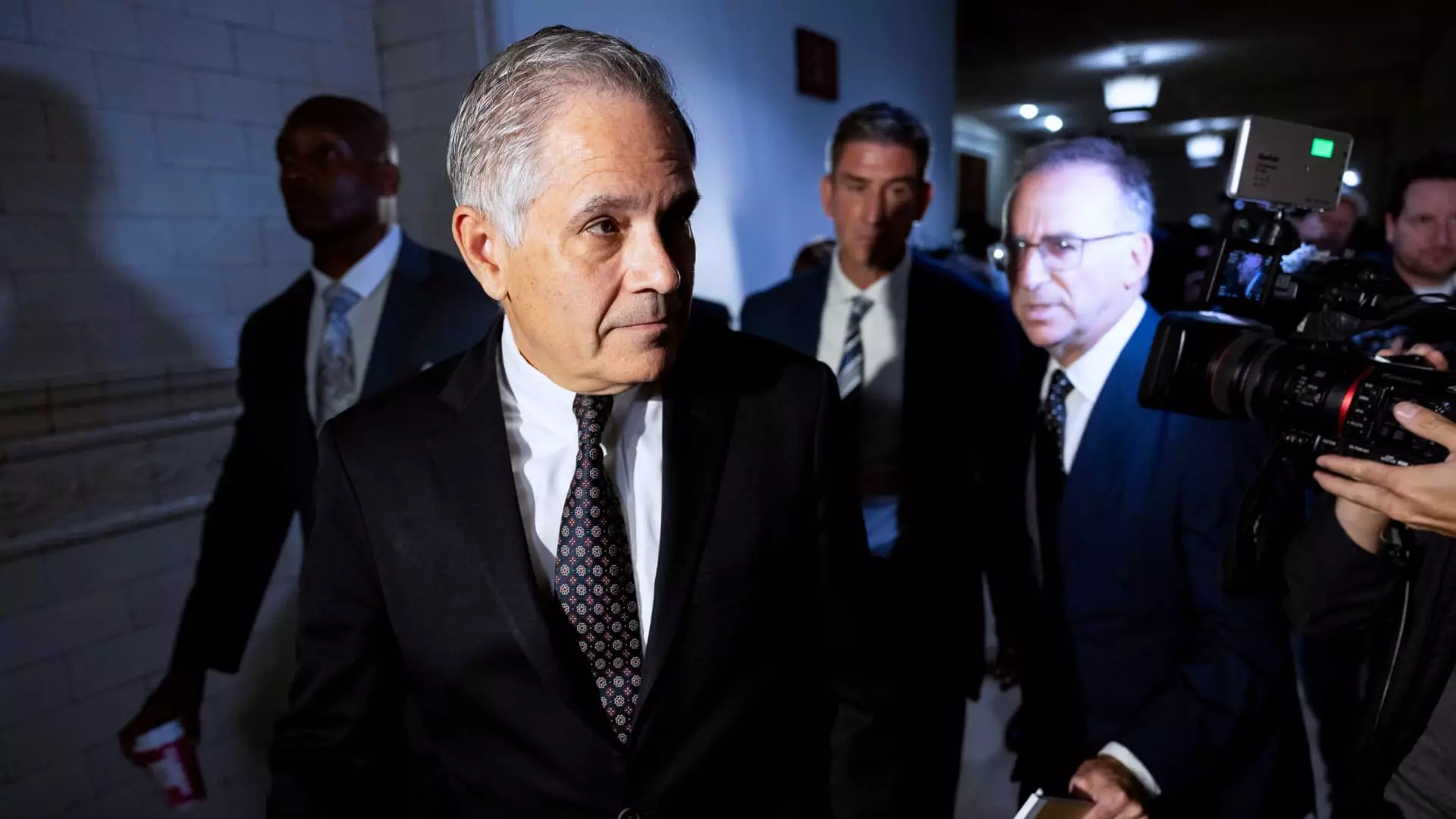The ongoing legal dispute surrounding Tesla CEO Elon Musk and his America PAC raises essential questions about electoral ethics and consumer protection laws. Philadelphia District Attorney Larry Krasner recently took to the stand to assert that the PAC’s practice of giving away $1 million incentives to registered voters in swing states, including Pennsylvania, constitutes an “illegal” lottery. This contention has sparked significant debate about the boundaries of political promotions and the influence of billionaires in electoral processes.
The Core Allegations
Krasner’s primary argument rests on the assertion that Musk and his PAC are fully aware of the illegality of their actions, deeming the lottery a “scam” and “grift.” The District Attorney cites an inherent violation of Pennsylvania’s consumer protection laws and lottery regulations. “There is no First Amendment right to commit crimes,” he stated, emphasizing that illegal activities cannot be cloaked under the guise of free speech. This is a pivotal point, as it sets a precedent that could hinder the ability of PACs to promote their causes under potentially misleading pretenses.
Interestingly, Krasner’s motivations to pursue legal action appear insulated from his political affiliations. He defended his lawsuit against Musk—despite being a Democrat—by asserting that his commitment to ethical governance transcends party lines. He even acknowledged his personal admiration for Tesla cars, showcasing a nuanced position where professional duty conflicts with personal preference.
In response to Krasner’s legal actions, Chris Gober, the former treasurer of America PAC, placed the spotlight on his PAC’s commitment to free speech. Gober articulated a strong opposition to what he described as the DA’s endeavor to silence Musk due to his political support for Donald Trump. By framing the issue as a battle for First Amendment rights, Gober positions the PAC as a defender of political expression. His argument suggests that the $1 million giveaway serves a purpose beyond simple financial incentive—a claim that complicates the public perception of the PAC’s activities.
Furthermore, Gober attempted to differentiate the PAC’s initiative from a traditional lottery by asserting that there are “contractual obligations” instead of spontaneous prize winnings. His testimony claimed that recipients are chosen based on their effectiveness as spokespersons rather than through randomization, a declaration that Krasner quickly disputed.
The case captures broader tensions within the legal framework governing political donations and promotional activities. As Krasner pointed out, the case hinges on whether the structuring of the giveaway meets the criteria for an illegal lottery under state law. The Pennsylvania law defines a lottery as a scheme in which prizes are awarded to participants based on chance or random selection—elements that Krasner argues have been bypassed by the PAC’s model. The courtroom drama illustrates how financial powerhouses like Musk can potentially exploit legal loopholes for political gain, provoking crucial discussions about reforming electoral fairness.
The intricacies of campaign finance laws, consumer protection, and the ethical implications of using funds for political sway are also brought to light. As the legal arguments unfold, they may prompt lawmakers to evaluate the adequacy of existing regulations governing political action committees and their promotional tactics, especially as technologically savvy individuals and organizations seek to reshape the political landscape.
As the courtroom battles between Krasner and America PAC evolve, they outline the diminishing clarity surrounding ethical political donations and promotional schemes. The legal disagreements present a significant moment of reckoning where democratic principles, electoral integrity, and freedom of speech intersect. It urges society to reflect on the implications of allowing corporations and individuals with immense wealth to finance their favored political narratives at the potential cost of ethical governance. Whether these proceedings will lead to lasting changes in how political actions are regulated or reinforce existing frameworks remains to be seen. This case is just beginning to unfold, and its outcome could reverberate through future electoral landscapes and legislative discussions for years to come.


Leave a Reply